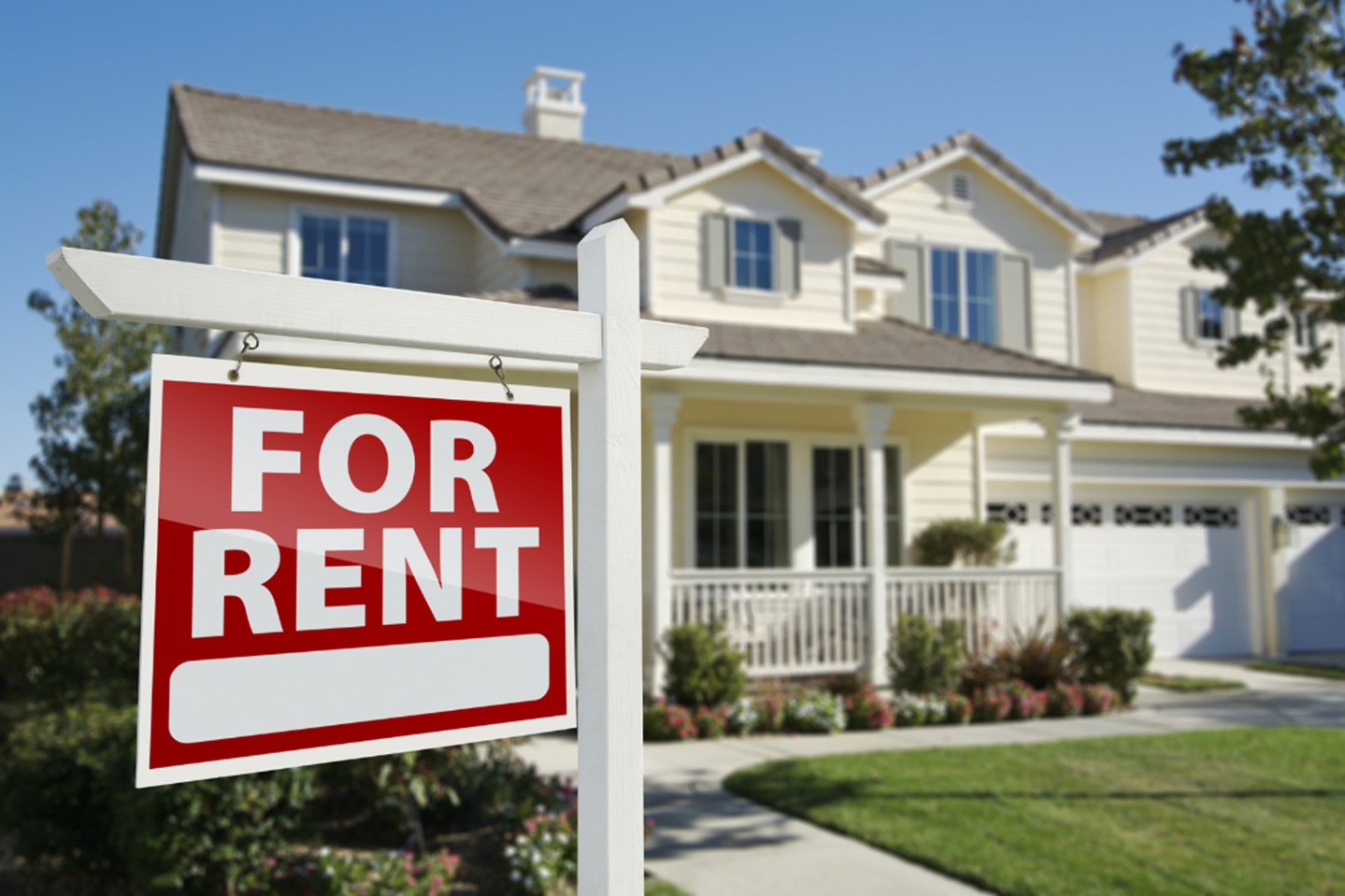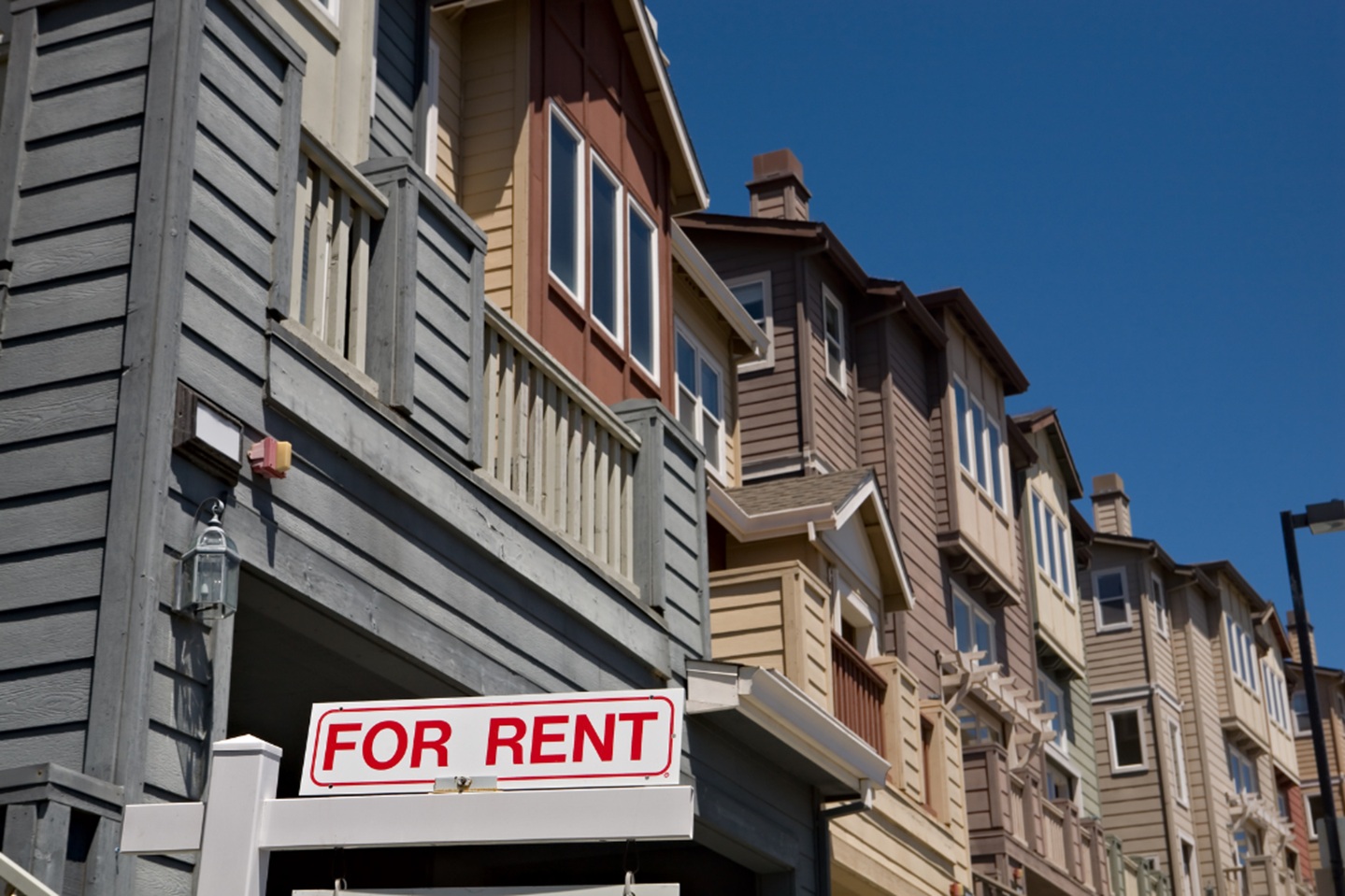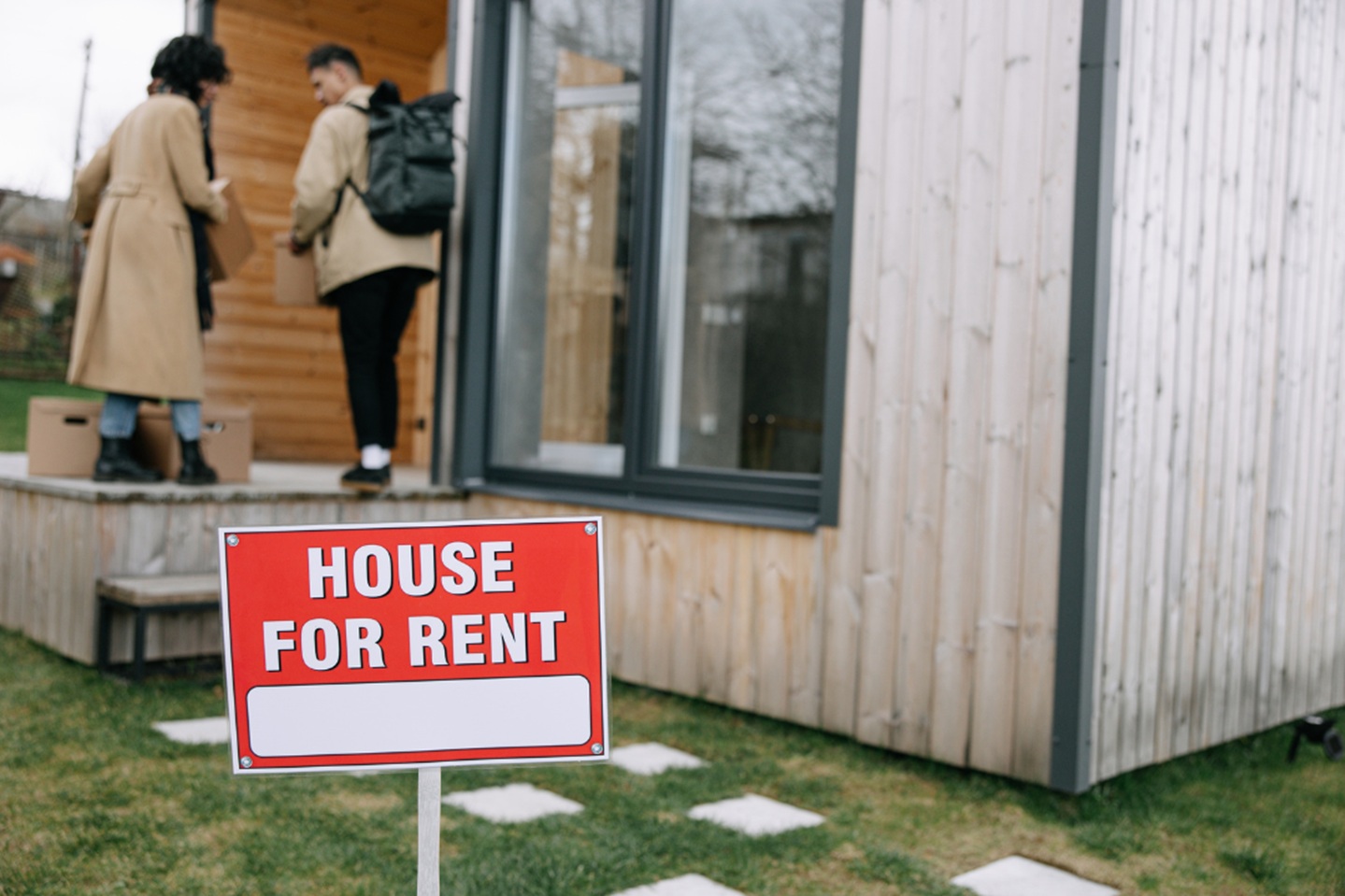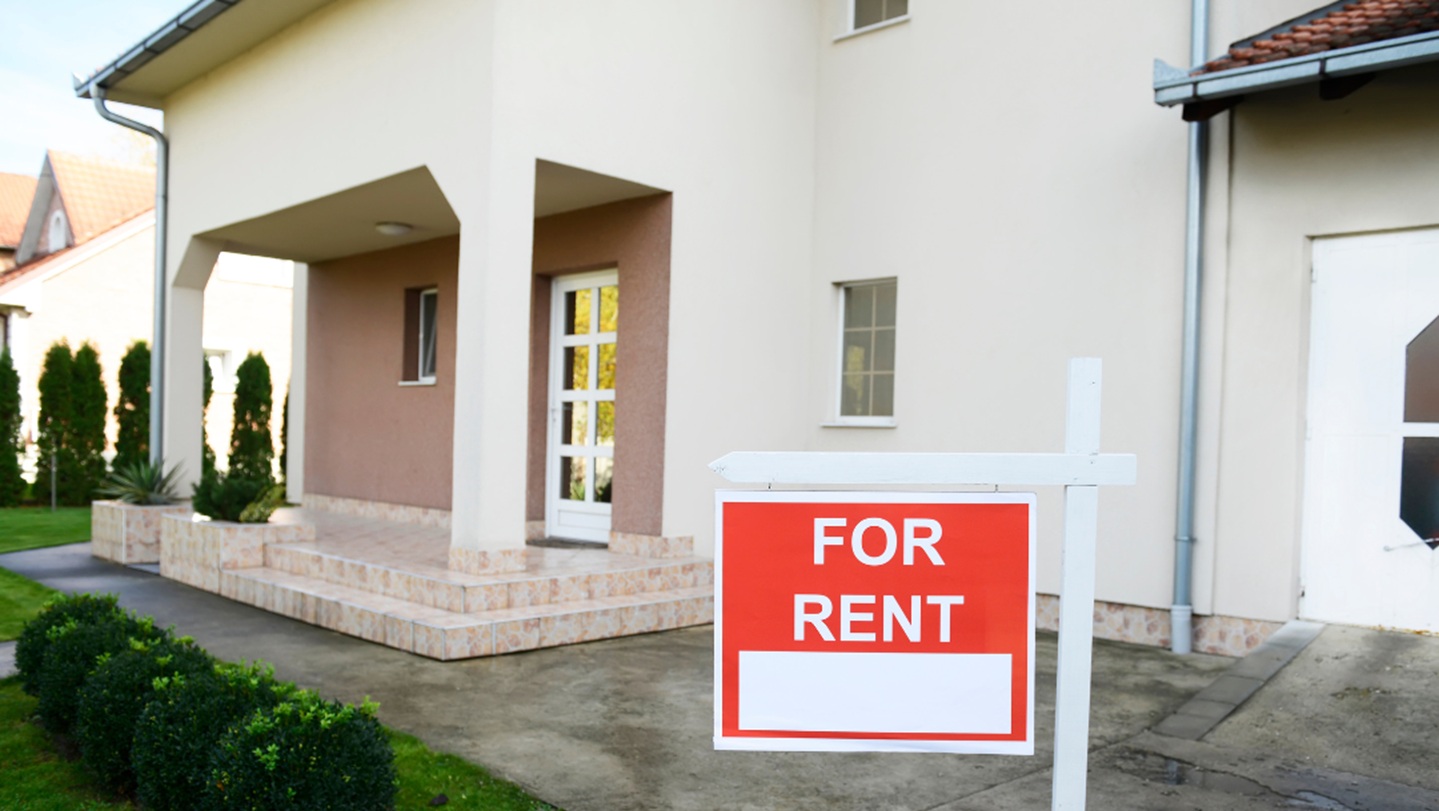
Renting out a house is a practical way to earn income, but it comes with real responsibilities. Whether you're doing it for the first time or managing multiple properties, keeping your rental process safe is key. That means preparing the home properly, knowing who you're renting to, and staying compliant with local and federal laws. A few simple decisions made early on can make all the difference between a steady income and ongoing stress.
At HomeRiver Group, we manage thousands of rental properties nationwide. We understand the challenges that homeowners face, and we know what works. Our teams combine local knowledge, professional systems, and a commitment to getting things right. We help property owners protect their investments, avoid legal issues, and create reliable income through safe and effective management.
In this piece, we will discuss how to rent your house safely, covering preparation, advertising, tenant screening, lease agreements, legal compliance, and how professional property management can assist.

Prepare Your Property for Rent
Before listing your home, it's essential to make sure the property is clean, functional, and ready for tenants. Proper preparation helps attract quality renters and reduces the risk of issues later.
Begin with a thorough inspection of both the interior and exterior. Address any safety concerns, such as broken locks, faulty smoke detectors, loose railings, or any other issue that could pose a liability. Take care of all necessary repairs and consider scheduling a professional cleaning to present the home at its best.
Minor updates, such as fresh paint, updated fixtures, or newer appliances, can make your property more competitive. These do not have to be major renovations. Even minor improvements can increase rental value and appeal.
Curb appeal also plays a significant role. Keep the lawn trimmed, remove weeds, touch up the landscaping, and ensure exterior lighting is functioning correctly. A clean and maintained exterior shows that the home is cared for and sets expectations for incoming tenants.
Lastly, remove all personal belongings and any remaining clutter. The goal is to create a neutral space that allows potential tenants to picture themselves living there without distractions.
How to Advertise Your Rental Property
Once your home is ready, the next step is to promote it effectively. Proper advertising helps you reach qualified renters and reduces the time the property sits vacant. A strong strategy combines visual appeal, clear communication, and clever placement.
Begin with professional-quality photos. Bright, well-composed images of each room, along with key features such as the kitchen, bathrooms, and outdoor spaces, will quickly capture attention. Include exterior shots and highlight amenities like a garage, patio, or updated appliances.
Your listing description should be clear, accurate, and easy to read. Emphasize what makes the home desirable, such as recent upgrades, natural light, or proximity to parks and schools. Provide all essential information, including rent amount, lease length, pet policy, and application instructions.
Utilize reputable listing platforms, such as Zillow, Trulia, and Apartments.com, to reach a broad audience. Local online forums and social media community pages can also help you find potential tenants in your area. For more guidance, review our detailed post on how to advertise rental property.
Traditional methods can still make a difference. A simple “For Rent” sign with your contact information can attract interest from people already exploring the neighborhood.
Finally, stay responsive throughout the process. Reply promptly to questions and show requests, and communicate clearly about the next steps. Quick and professional responses give prospective tenants confidence that the property is being managed responsibly.
Screening Tenants Carefully
Finding the right tenant is one of the most essential steps in renting your home safely. A thorough screening process protects your property, reduces the risk of late payments, and helps avoid costly legal disputes.
Start by creating a precise rental application that collects essential information. This should include employment history, income, rental history, references, and consent for background and credit checks. Consistency is necessary, so use the same process for every applicant to stay compliant with Fair Housing laws.
Run a credit check to assess financial responsibility. Look for a history of on-time payments, manageable debt levels, and no recent bankruptcies. This helps you gauge whether the applicant can reliably cover rent and other obligations.
A background check can reveal prior evictions, criminal history, or other red flags. While not every issue is disqualifying, patterns of serious problems may indicate future risk.
Contact previous landlords to verify the applicant's rental history. Ask whether they paid rent on time, followed the lease terms, and left the property in good condition. Employment verification is also key. Confirm current job status and income to ensure they meet your rental criteria.
Set precise minimum requirements for income, credit score, and other factors before you begin reviewing applications. This helps keep the process objective and fair.
When screening is conducted thoroughly and legally, it becomes the foundation for a more stable and positive rental experience.
Crafting a Strong Lease Agreement
A well-written lease agreement protects both you and your tenant. It outlines expectations, defines responsibilities, and provides legal recourse in the event of problems arising. Without a strong lease, even the best screening process can fall short.
Your lease should clearly state the basics, including the monthly rent amount, due date, security deposit, lease duration, and any applicable late fees. Spell out who is responsible for utilities, lawn care, and maintenance. If pets are allowed, include rules and fees related to them.
Ensure the lease covers essential policies, such as noise restrictions, smoking rules, subletting, and guest limits. If your property is part of a homeowners’ association, include any community rules the tenant must follow.
In addition to outlining tenant obligations, the lease should also define your responsibilities as a landlord. This includes how you will handle repairs, notices for property entry, and emergency procedures.
It’s always best to use a lease template that complies with your state’s landlord-tenant laws. While online templates can serve as a starting point, working with a qualified attorney or property manager ensures that your lease is enforceable and compliant with local regulations.
Both you and your tenant should thoroughly review the lease before signing. Go over key points in person or during a call, and allow time for questions. Once signed, provide each party with a copy for their records.
Understanding Legal Requirements
Renting out a property involves legal responsibilities that vary by state, city, and even neighborhood. Failing to meet these requirements can result in fines, tenant disputes, or severe legal consequences. Staying compliant helps protect your investment and your rights as a landlord.
Begin by familiarizing yourself with your local landlord-tenant laws. These typically cover areas such as security deposit limits, notice requirements for property entry, eviction procedures, and maintenance obligations. Some states have particular rules, while others leave more flexibility to the property owner.
Fair Housing laws must be followed at every stage of the rental process. These laws prohibit discrimination based on race, religion, gender, national origin, disability, or family status. Some cities and states add further protections, including sexual orientation, source of income, or age. Your advertising, screening, and leasing practices must comply fully with all applicable laws and regulations.
Habitable conditions are another legal requirement. Landlords are responsible for making sure the home is safe, clean, and in good working order. This includes functioning plumbing and heating systems, a structurally sound building, and prompt repair of serious issues, such as leaks or electrical problems. Working smoke detectors, carbon monoxide alarms, and proper locks may also be mandated by law.
Some jurisdictions require landlords to register their rental property or obtain a local rental license. Failure to complete this step can result in fines or restrictions on your ability to lease the property.
If you're unsure about what your local laws require, consider consulting a legal professional or working with a property management company. HomeRiver Group provides expert support to help you meet every requirement with confidence and consistency.

The Benefits of Professional Property Management
Managing a rental property independently can be time-consuming and complex. From marketing and maintenance to legal compliance and tenant relations, each task requires attention and expertise. That’s where professional property management becomes a valuable option.
A property management company handles the day-to-day responsibilities of renting out your home. This includes advertising the property, screening tenants, preparing lease agreements, collecting rent, and coordinating repairs. For many homeowners, this support leads to fewer headaches and better results.
One of the most essential advantages is legal protection. Property managers stay up-to-date with changing local, state, and federal laws. They help ensure that your lease, notices, and screening processes comply with all relevant regulations. This reduces the risk of costly legal mistakes.
Maintenance is another area where professionals make a difference. Property managers typically have vetted vendor networks, allowing them to respond to issues quickly and at a reasonable cost. They also conduct routine inspections to identify problems early and maintain the property in good condition.
Tenant communication is handled consistently and professionally. If a renter has a complaint, misses a payment, or violates lease terms, the property manager addresses it according to proper procedures. This creates a more structured experience for both the tenant and the owner.
Professional property management is beneficial if you live far from the property, own multiple homes, or simply prefer a more hands-off approach. For landlords who want peace of mind and a reliable income, partnering with a trusted company can make the entire process smoother.
How HomeRiver Group Supports Safe and Successful Renting
HomeRiver Group is committed to helping homeowners rent their properties with confidence, consistency, and complete legal compliance. Our nationwide network and local expertise allow us to manage every aspect of the rental process, from marketing and tenant screening to lease enforcement and maintenance coordination.
We begin by preparing your home for the market. This includes recommending improvements, setting competitive rental rates, and advertising the property across high-traffic platforms. Our team utilizes professional photography and targeted listings to attract the right applicants quickly.
Once inquiries begin, our screening process carefully evaluates each prospective tenant. We verify credit, background, income, and rental history to help reduce risks and find qualified renters who treat the property with care and respect.
Our lease agreements are tailored to meet the requirements of both state and local laws. We explain the terms to both owners and tenants to ensure clarity and reduce misunderstandings. After move-in, we handle rent collection, maintenance requests, and communication throughout the lease term.
HomeRiver Group also conducts regular property inspections and provides detailed reporting. If issues arise, we manage them promptly and document every step to ensure your protection. You can access real-time updates through your online owner portal at any time.
For homeowners who want to stay compliant and profitable without the stress of self-management, our property management services offer a reliable and professional solution.

Final Thoughts
Renting out your home is more than handing over the keys. It is a process that requires careful planning, legal awareness, and a clear understanding of your responsibilities as a landlord. When managed properly, it can offer a stable income and long-term financial value. Without the right systems in place, however, it can quickly become challenging to manage.
At HomeRiver Group, we simplify the rental experience. From preparing your property to handling day-to-day management, we help homeowners protect their investment and provide tenants with a well-run home. Whether you manage one house or multiple properties, we offer consistent and professional support.
Renting your house safely begins with informed choices and continues with reliable systems. With the right approach and the right team in place, you can reduce risk and focus on long-term success.
Read also:
Real Estate Deductions: What Every Investor Should Claim To Save Money
Real Estate Investment Strategies: Proven Approaches To Grow Wealth
Frequently Asked Questions About How to Rent Your House Safely
What is the best time of year to rent out a house?
Spring and early summer are often ideal times because more people relocate during this period. Families typically prefer to move before the start of a new school year.
Can I rent out my home while still paying a mortgage?
Yes. Many homeowners rent properties with active mortgages. However, please check your loan terms or consult your lender to ensure there are no restrictions.
How much should I charge for rent?
Start by researching similar properties in your neighborhood. Consider location, amenities, and condition. You may also consult a rental valuation expert or property manager.
Do I need landlord insurance if I already have homeowners' insurance?
Yes. Landlord insurance covers different risks, including loss of rental income, tenant damage, and liability, which standard homeowners policies typically do not.
Should I furnish the rental property?
This depends on your target market. Short-term rentals or urban apartments may benefit from furnishings, while long-term tenants usually prefer unfurnished homes.
Can I rent out just part of my home, like a basement or a room?
Yes. Renting a portion of your home is legal in many areas, but zoning laws, lease terms, and separate entry or amenities may affect how it's handled.
How do I handle rental income taxes?
Rental income must be reported on your tax return. You can often deduct expenses like maintenance, insurance, and property management fees. Consult a tax advisor for details.
What should I do if a tenant wants to break the lease early?
Refer to the lease terms. Many agreements include early termination clauses or penalties. You’re also legally obligated to try to re-rent the unit in many states.
Is it legal to refuse a tenant with pets?
Yes, unless the animal is a verified service animal or emotional support animal. Those are protected under federal law and cannot be denied.
Can I increase rent every year?
In most areas, yes, but there may be limits on how much you can increase, especially in rent-controlled cities. Always provide proper notice and follow state laws.








